egyptian walking onion: it's not like the others
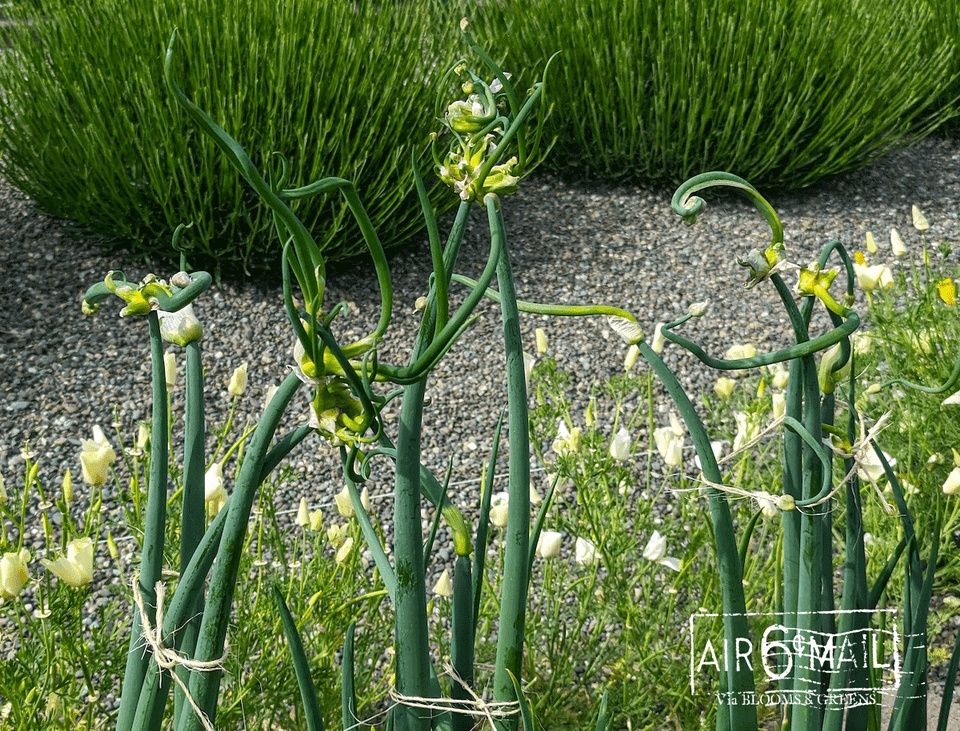
The Egyptian walking onion (Allium × proliferum), also known as the tree onion, topset onion, winter onion, or walking onion, is a unique perennial onion variety. I obtained mine around 2020 from a grower in California. I started with three small plants and now have a large colony . During the first year, they looked like ordinary onions. However, in their second year, they produced bulbils, or small onions, at the top of their long, slender stalks. These onions are a distinctive and captivating presence in the garden. In zone 8b, these onions are winter-hardy, providing the added bonus of growing their long green stalks while the rest of the garden is still dormant in winter.
In Confessions of an Onion Addict, the Egyptian walking onion (which, in fact, does not originate from Egypt) is referred to as a "bit of a mystery plant." There is a theory that this onion "migrated to Europe with the Gypsies," a term misapplied to the Romany people. Hence, the name "Egyptian." This walking onion likely originated from the Middle East. It is believed to have been introduced to Europe and later found its way to North America. Studies indicate that this variety is a crossbreed between the common onion (Allium cepa) and the Welsh onion (Allium fistulosum).
The "walking" part of the name stems from its method of self-propagation. When the stalk can no longer support the weight of the bulbils, it bends towards the ground, and the bulbils take root and begin to grow, effectively 'walking' the plant across the garden.
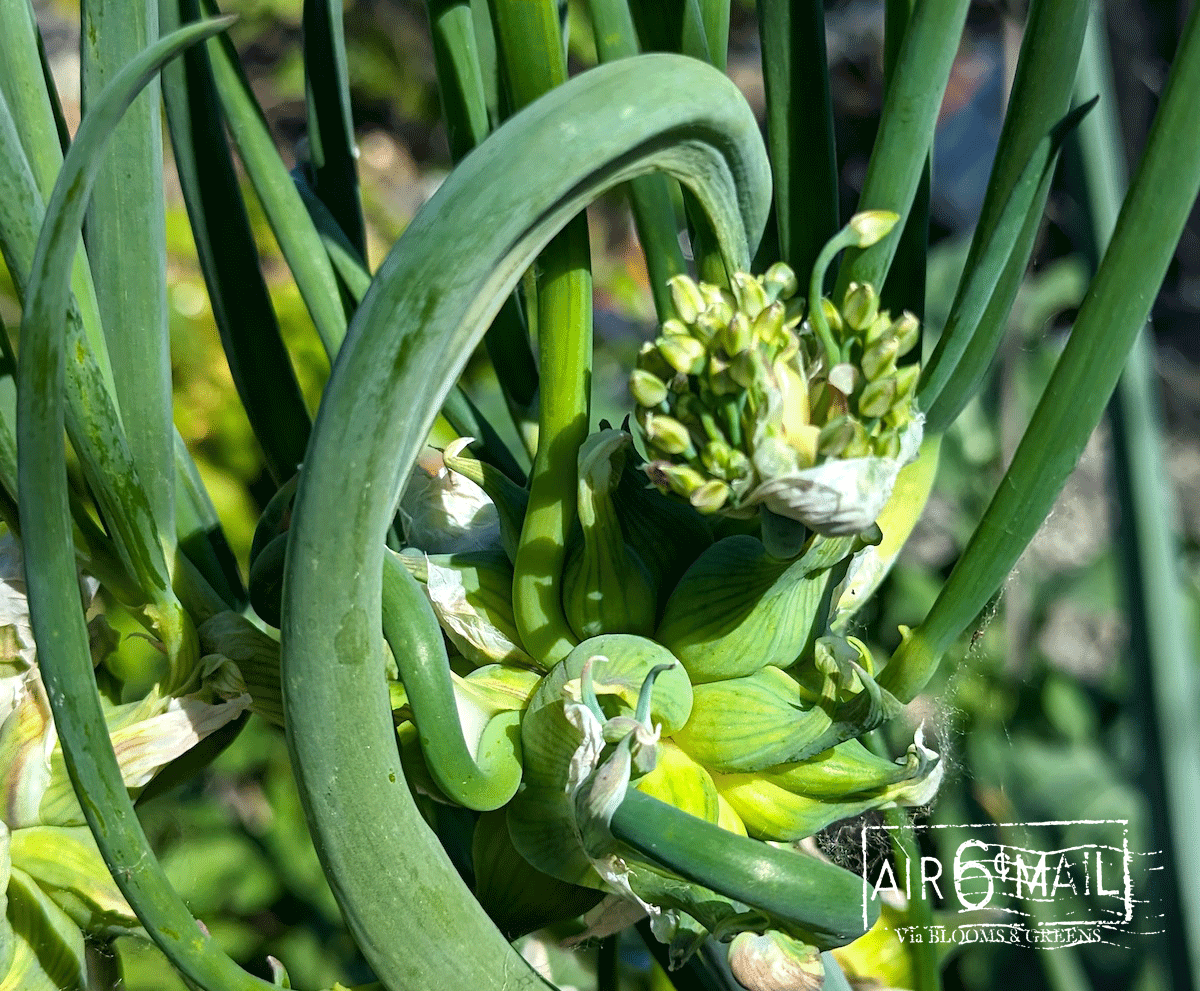
In addition to its ornamental value, the Egyptian walking onion offers a range of culinary uses. The underground bulbs can be used in various dishes just like any other onion, providing a strong and pungent flavor that mellows when cooked. Meanwhile, the bulbils, or topsets, possess a unique taste that combines the flavors of garlic and onion, making them a distinctive addition to recipes.
Beyond its culinary applications, this onion variety is appreciated in gardens for its visual appeal. The clusters of bulbils at the top of each stalk add a touch of uniqueness and charm. Furthermore, the Egyptian walking onion serves as an excellent companion plant, assisting in deterring pests from other plants in the garden. I've often planted it with marigolds and tomatoes in my garden. Last year, I gave the harvested bulbils a new bed. This year, they are growing happily with the California poppies.
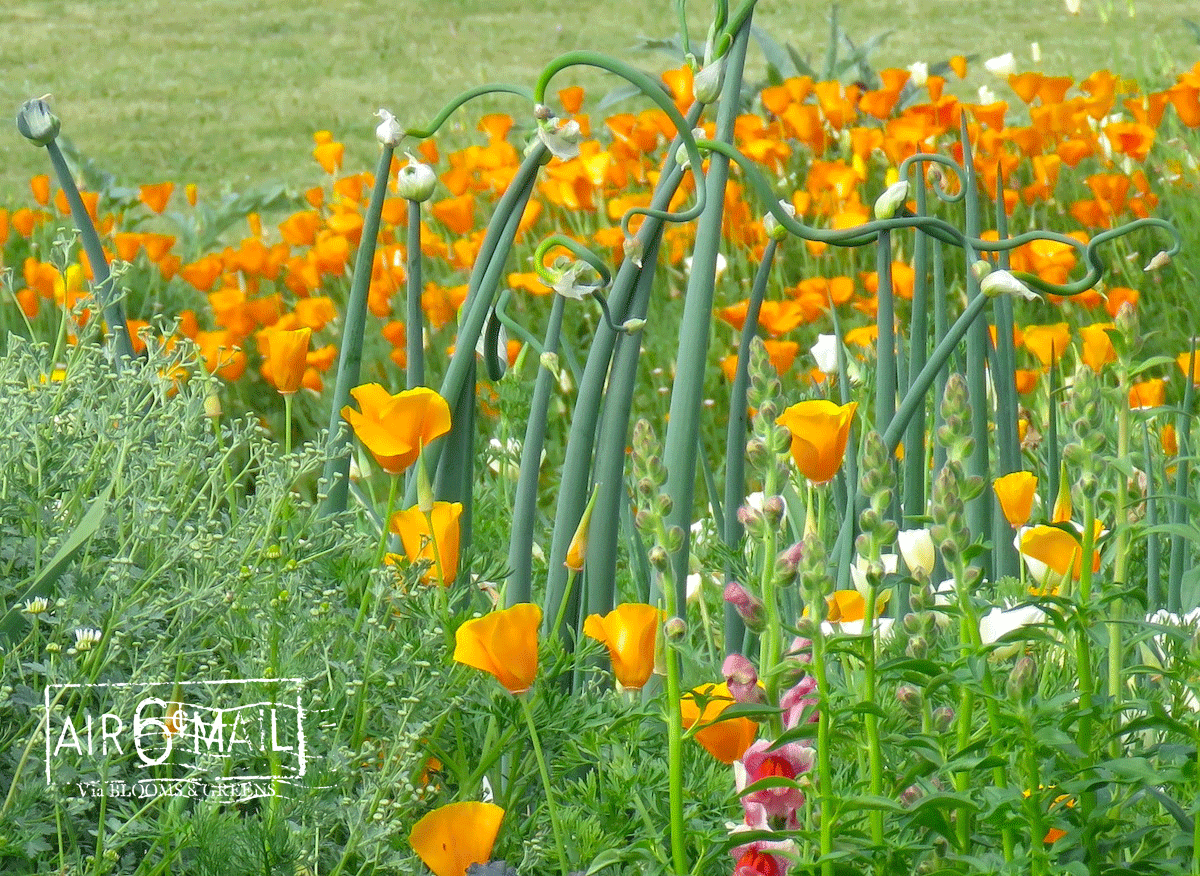
For those who cultivate the Egyptian walking onion, it is not only a plant of culinary and ornamental significance but also a testament to the wonders of nature. Its ability to propagate and "walk" across the garden, combined with its hardiness and flavorful attributes, make it a cherished addition to any garden. Whether you're an avid gardener or simply appreciate the beauty and taste of unique plants, the Egyptian walking onion is sure to capture your fascination and add a distinctive touch to your gardening experience. I can't imagine not having them in my garden.
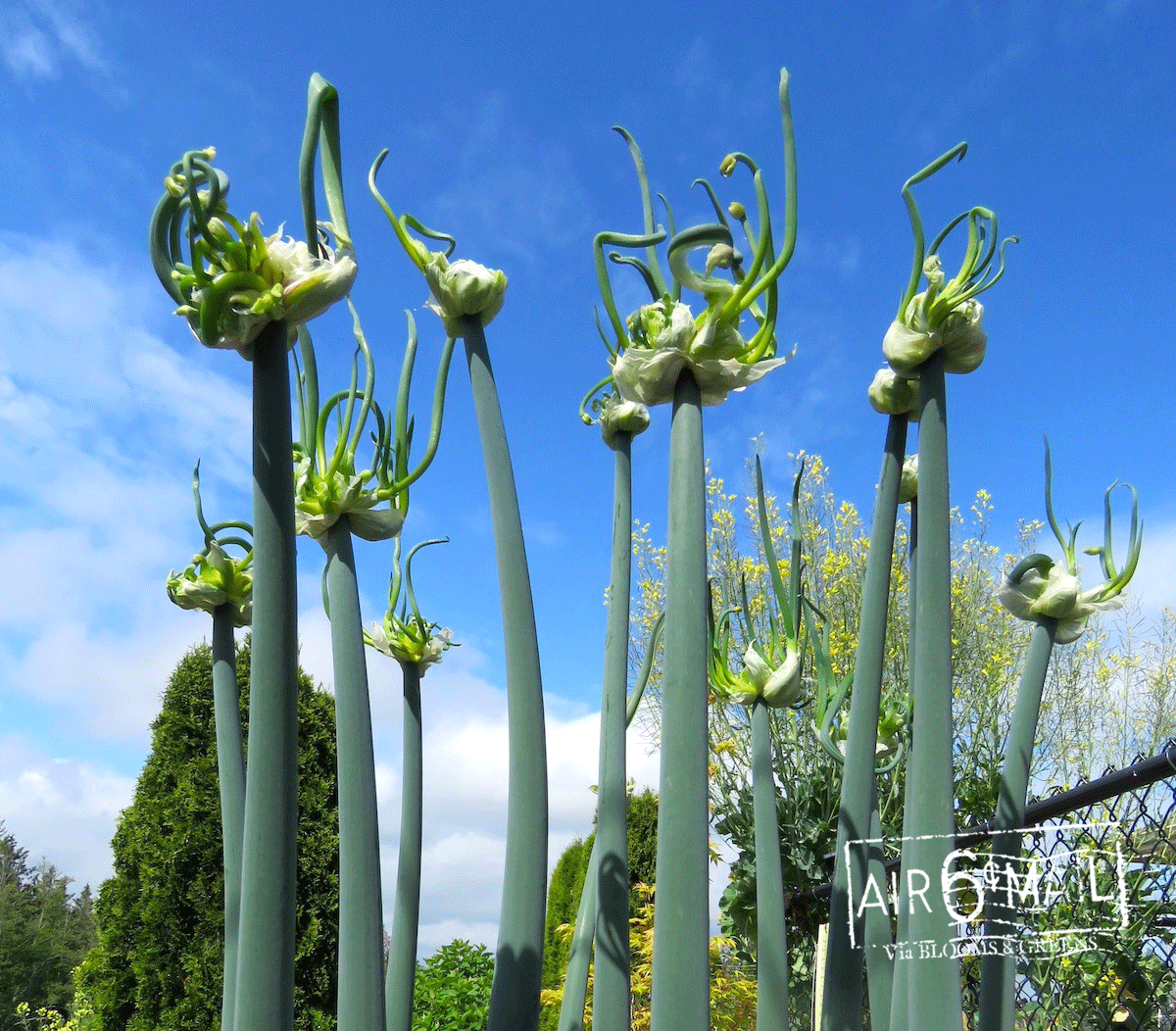
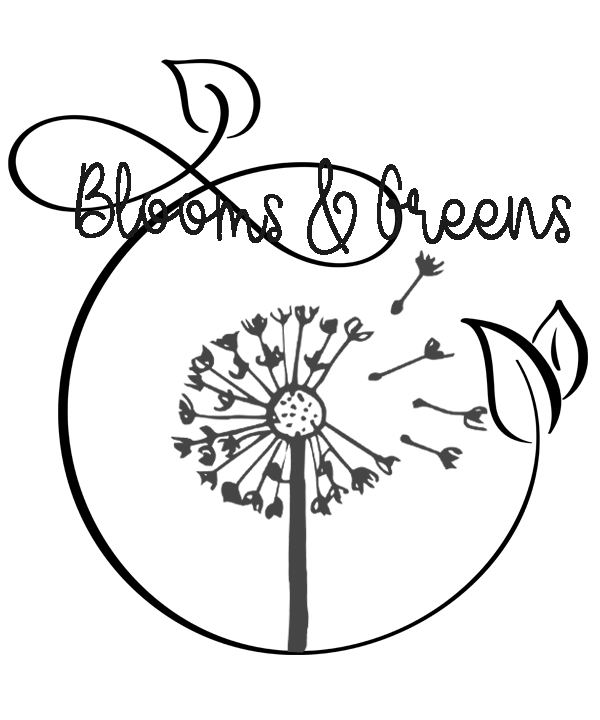





Member discussion